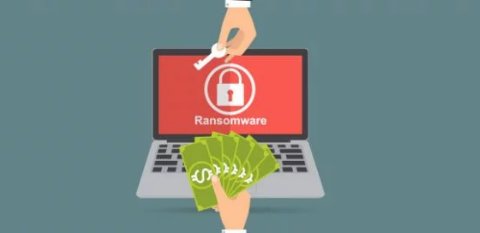Five tips to avoid a security breach
 If you’ve read this blog before, you already know security is paramount to the success of any small business. We cover the ever increasing cases of security violation in big and small businesses, as well as national and international organizations where data, applications, networks, devices and networks have been illegally accessed by unauthorized people. But today we want to look at simple preventative measures to ensure these risks never befall your organization.
If you’ve read this blog before, you already know security is paramount to the success of any small business. We cover the ever increasing cases of security violation in big and small businesses, as well as national and international organizations where data, applications, networks, devices and networks have been illegally accessed by unauthorized people. But today we want to look at simple preventative measures to ensure these risks never befall your organization.
Limitation of lateral data transfers
Employees not being educated on data sharing and security is one of the biggest reasons for internal data breaches. It’s a good idea to limit access to important data and information by restricting access privileges to only a small number of individuals. Also, you can decide to use network segmentation to cut unnecessary communication from your own network to others.
Keeping your machines and devices updated
Internal breaches might also occur when employees work with unguarded or unprotected machines. They might unknowingly download malware, which normally wouldn’t be a problem if machines were properly managed. Updating your operating systems, antivirus software, business software, and firewalls as often as possible will go a long way toward solidifying your defense systems.
Use monitoring and machine learning to sniff out abnormalities
It’s not all on your employees, however. Network administrators should employ monitoring software to prevent breaches by analyzing what is “normal” behavior and comparing that to what appears to be suspicious behavior. Cyber criminals often hide in networks to exploit them over a long period of time. Even if you miss them the first time, you should monitor suspicious activity so you can recognize impropriety and amend security policies before it goes any further.
Creating strong security passwords and credentials
No matter how often we say it, there’s always room for improvement when it comes to your passwords and login procedures. In addition to text-based credentials, you should require other methods whenever possible. Great for fortifying your network, fingerprints and smart cards, for example, are much harder for cyber criminals to fake. Regardless of which factors are used, they must be frequently updated to prevent breaches, accidental or otherwise.
Security Insurance
In the end, no system is perfect. Zero-day attacks exploit unknown gaps in security, and human error, accidental or otherwise, can never be totally prevented. And for this reason, small businesses need to start embracing cyber insurance policies. These policies help cover the damages that might occur even under a top-of-the-line security infrastructure. Considerations for selecting a policy include legal fees, first and third-party coverage, and coverage for reputation rehabilitation.
The field of cyber security is overwhelming — even for seasoned IT professionals. But not for us. We spend our days researching and experimenting to craft the best security solutions on the market. If you’re interested in one of our cutting-edge cyber-security plans, call us today.



